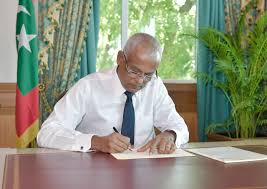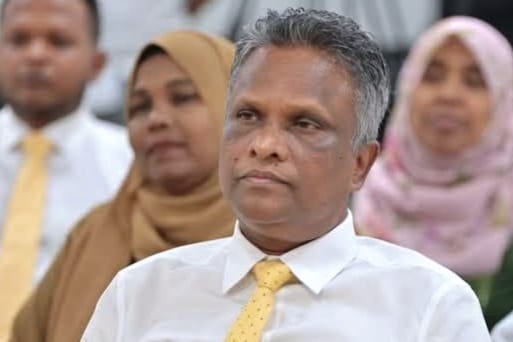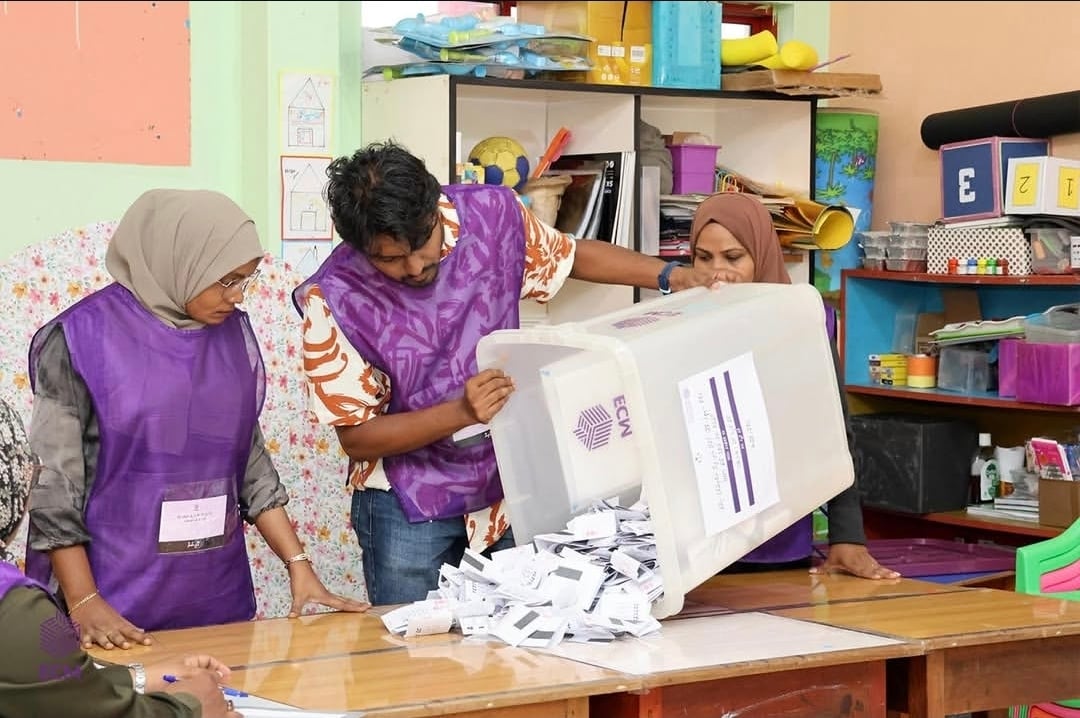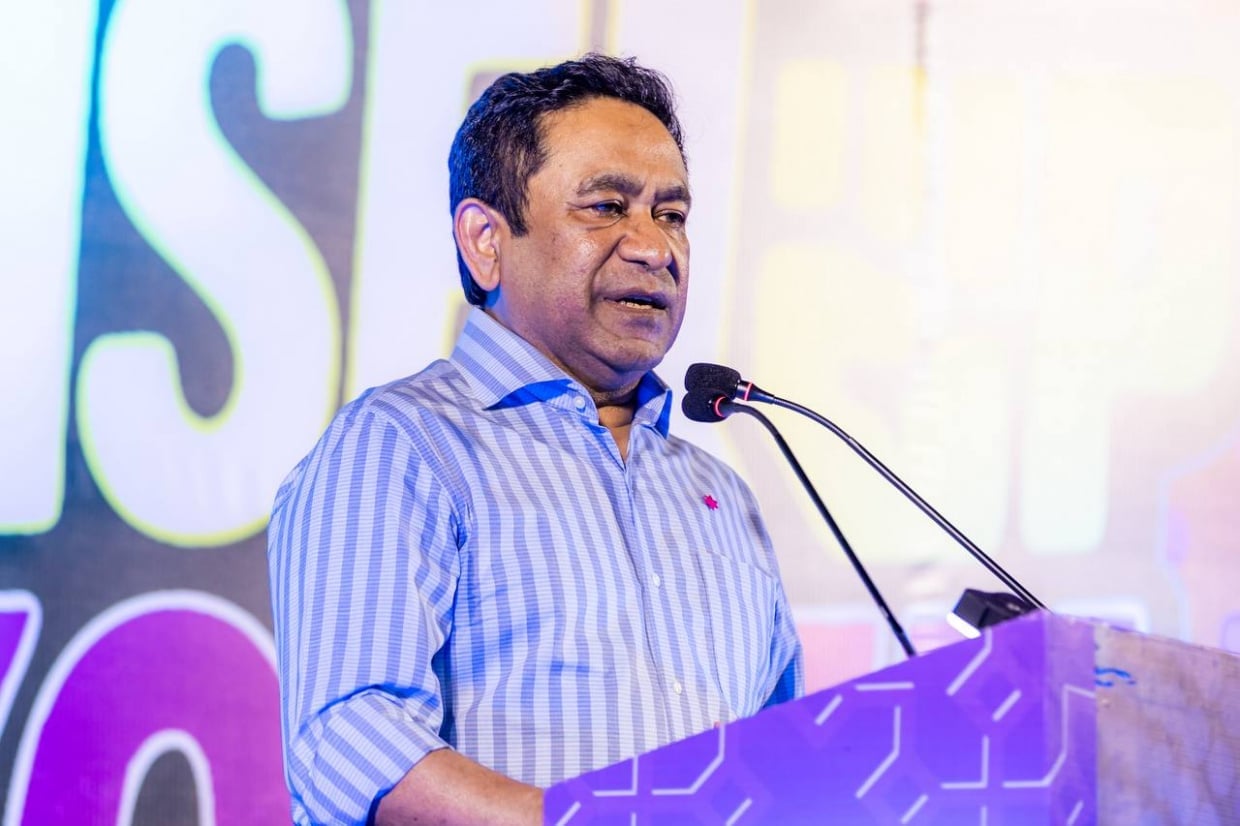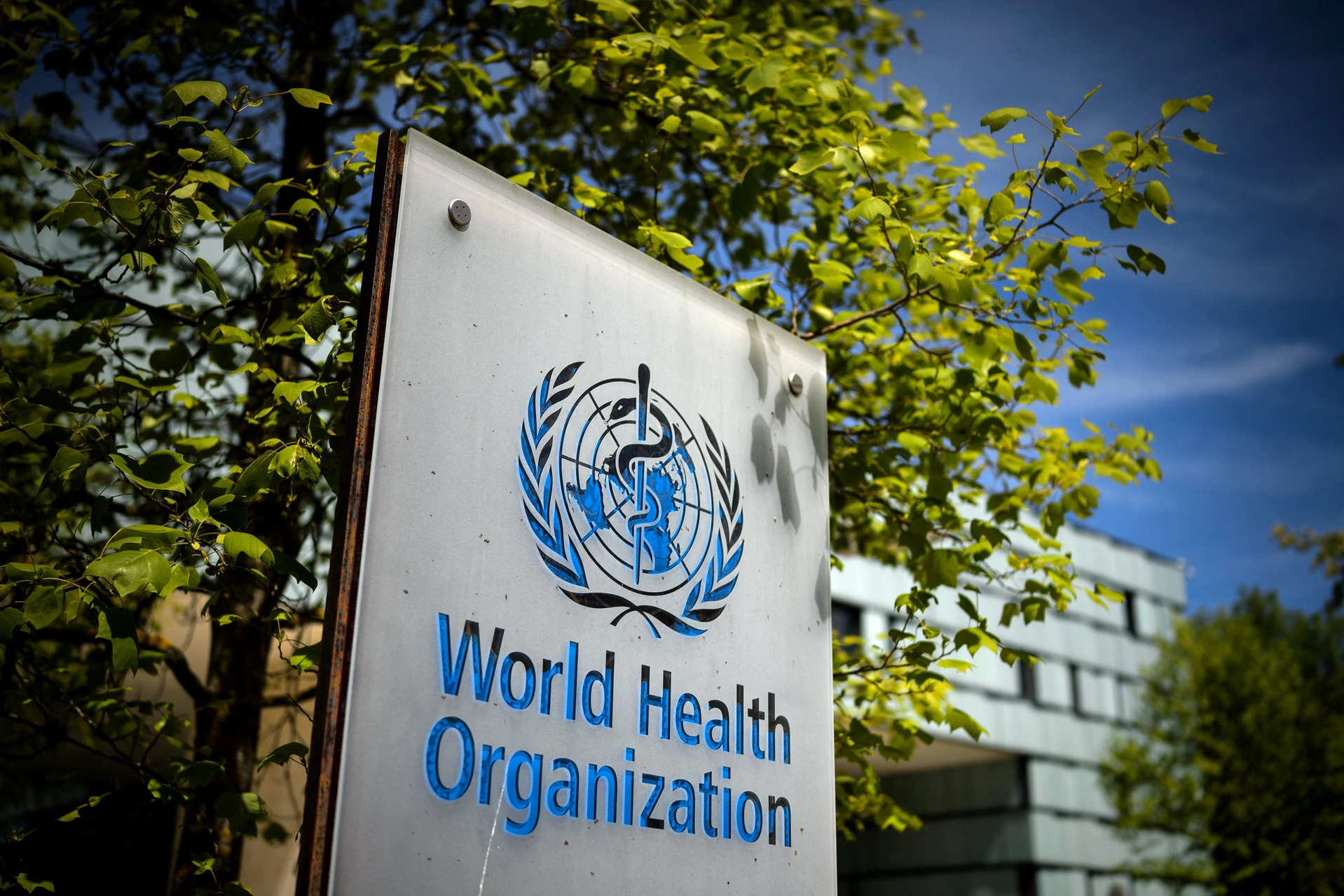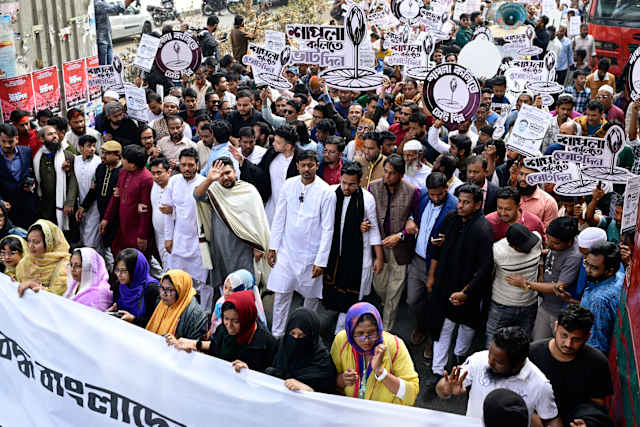HEP Ibrahim Mohamed Solih ratifies 6 amendments brought by the parliament to the constituency.
These amendments includes;
- The sixth amendment to the Maldives Employment Act (2/2008). The amendment stipulates several provisions to protect the rights of employees, such as regulations making it compulsory for all employers to provide a signed copy of the employment agreement to all employees. It further stipulates that all the employers must provide signed employment agreements to all employees within 3 months of the amendment coming into force. The amendment also restructures the 30 days of paid sick leave granted to all employees, hereafter allowing employees up to two consecutive days (15 days annually) of paid sick leave without providing a medical certificate. It further directs the relevant Cabinet Minister to determine and implement a minimum wage for all employees in the Maldives.
- The third amendment to the Criminal Procedure Act (Law No. 12/2016). The main purpose of the legislation is to address obstacles that prevent the effective enforcement of the Criminal Procedure Act. It does this by adding additional enforcement mechanisms to the main Act. Further, under the amendment, important new provisions are added to the Act. This includes delineating rape and sexual abuse of children as serious criminal offences.
- The Covid-19 Special Measures Bill 2020, which will enter into force as Law No.20/2020. The Act’s provisions set in place special guidelines to help the country’s recovery and resilience efforts relevant to the ongoing pandemic, Covid-19. It adds safeguards against the disease’s impacts by facilitating assistance to families struggling to access basic necessities, and by ensuring temporary shelter to those in need, among other precautionary measures to prevent homelessness. In a similar vein, the Act sets guidelines on special leave policies for employees unable to perform their routine work-responsibilities due to Covid-19. Barring extraordinary circumstances, it prevents alterations being made to an employees’ status in response to the disease. The Act also includes mechanisms to ensure that the State can continue to provide all of its functions without interruption, despite the pandemic.
- The second amendment to the ‘Human Rights Commission Act’ (Act No: 6/2006). The amendment places added safeguards to prevent corruption within the Human Rights Commission of the Maldives (HRCM). It mandates that all appointed individuals must declare their assets, and ensures that they cannot unduly benefit from their position or exercise undue influence. It further delineates clear ethical guidelines for members to abide by.
- The second amendment to the Audit Act (Act No: 4/2007). The amendment is intended to ensure that the Auditor General can perform his or her mandate independently, while adding safeguards against undue influences that would compromise the integrity or impartiality of the office. Similarly, it includes ethical guidelines the Auditor-General must abide by, to prevent the misuse of the office’s influence for personal gain. It also prohibits the Auditor-General from being concurrently employed elsewhere during their tenure, or from engaging in any activity that would result in a conflict of interest.
- The first amendment to the Special Act to Ensure Enforcement of the Decentralization Act of Maldives, Law no.5/2020.The amendment adds three new provisions following section 7 of the Act. These provide guidelines describing the manner in which the President and Vice-President of the Local Government Authority (LGA) should be elected. Under the amendment, the President of the LGA will be answerable to the Parliament, on LGA-related matters.
Upon ratification, the amendments to the Acts have been published in the Government’s Gazette and enter into force immediately.
These amendments includes;
- The sixth amendment to the Maldives Employment Act (2/2008). The amendment stipulates several provisions to protect the rights of employees, such as regulations making it compulsory for all employers to provide a signed copy of the employment agreement to all employees. It further stipulates that all the employers must provide signed employment agreements to all employees within 3 months of the amendment coming into force. The amendment also restructures the 30 days of paid sick leave granted to all employees, hereafter allowing employees up to two consecutive days (15 days annually) of paid sick leave without providing a medical certificate. It further directs the relevant Cabinet Minister to determine and implement a minimum wage for all employees in the Maldives.
- The third amendment to the Criminal Procedure Act (Law No. 12/2016). The main purpose of the legislation is to address obstacles that prevent the effective enforcement of the Criminal Procedure Act. It does this by adding additional enforcement mechanisms to the main Act. Further, under the amendment, important new provisions are added to the Act. This includes delineating rape and sexual abuse of children as serious criminal offences.
- The Covid-19 Special Measures Bill 2020, which will enter into force as Law No.20/2020. The Act’s provisions set in place special guidelines to help the country’s recovery and resilience efforts relevant to the ongoing pandemic, Covid-19. It adds safeguards against the disease’s impacts by facilitating assistance to families struggling to access basic necessities, and by ensuring temporary shelter to those in need, among other precautionary measures to prevent homelessness. In a similar vein, the Act sets guidelines on special leave policies for employees unable to perform their routine work-responsibilities due to Covid-19. Barring extraordinary circumstances, it prevents alterations being made to an employees’ status in response to the disease. The Act also includes mechanisms to ensure that the State can continue to provide all of its functions without interruption, despite the pandemic.
- The second amendment to the ‘Human Rights Commission Act’ (Act No: 6/2006). The amendment places added safeguards to prevent corruption within the Human Rights Commission of the Maldives (HRCM). It mandates that all appointed individuals must declare their assets, and ensures that they cannot unduly benefit from their position or exercise undue influence. It further delineates clear ethical guidelines for members to abide by.
- The second amendment to the Audit Act (Act No: 4/2007). The amendment is intended to ensure that the Auditor General can perform his or her mandate independently, while adding safeguards against undue influences that would compromise the integrity or impartiality of the office. Similarly, it includes ethical guidelines the Auditor-General must abide by, to prevent the misuse of the office’s influence for personal gain. It also prohibits the Auditor-General from being concurrently employed elsewhere during their tenure, or from engaging in any activity that would result in a conflict of interest.
- The first amendment to the Special Act to Ensure Enforcement of the Decentralization Act of Maldives, Law no.5/2020.The amendment adds three new provisions following section 7 of the Act. These provide guidelines describing the manner in which the President and Vice-President of the Local Government Authority (LGA) should be elected. Under the amendment, the President of the LGA will be answerable to the Parliament, on LGA-related matters.
Upon ratification, the amendments to the Acts have been published in the Government’s Gazette and enter into force immediately.



